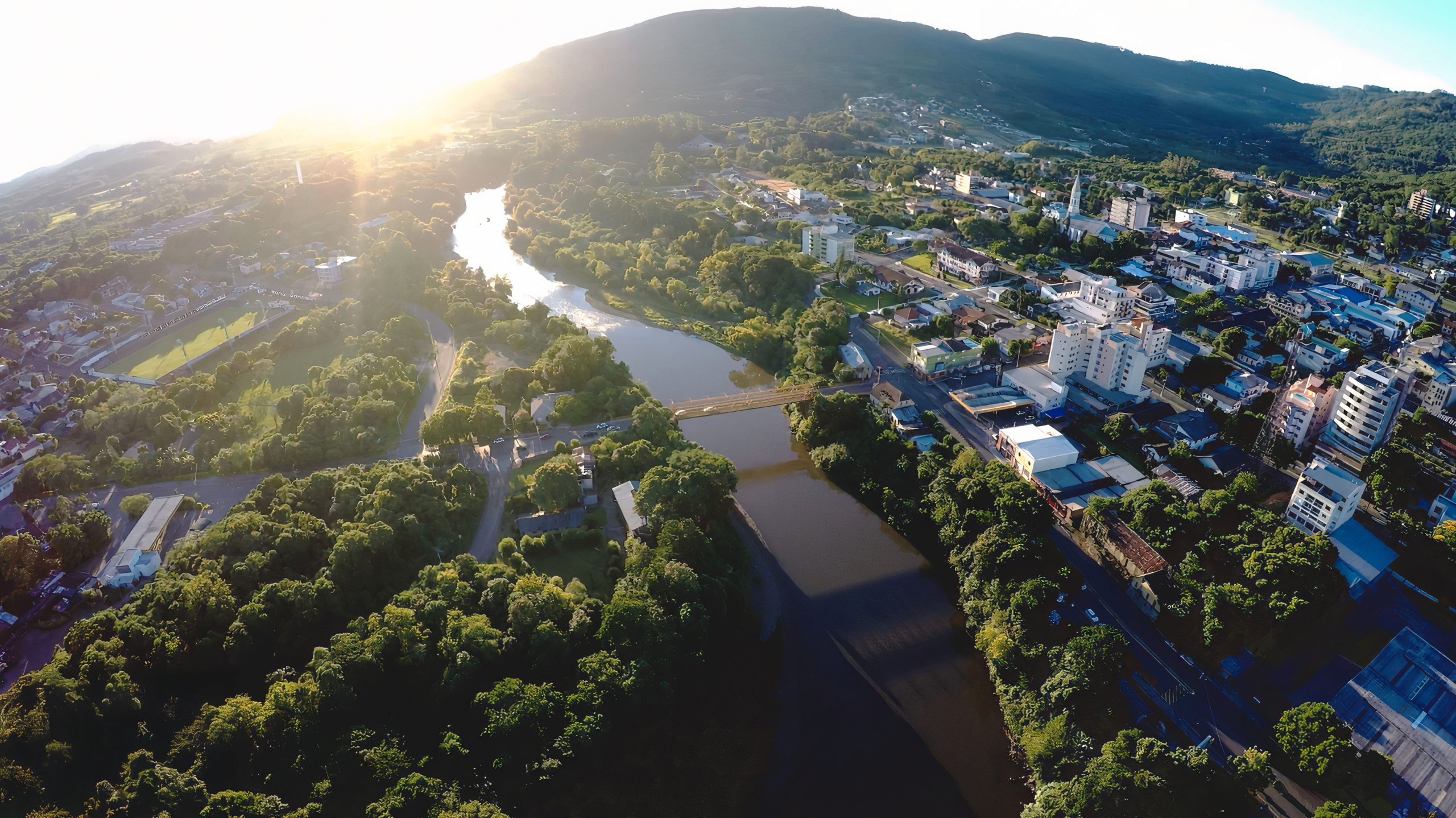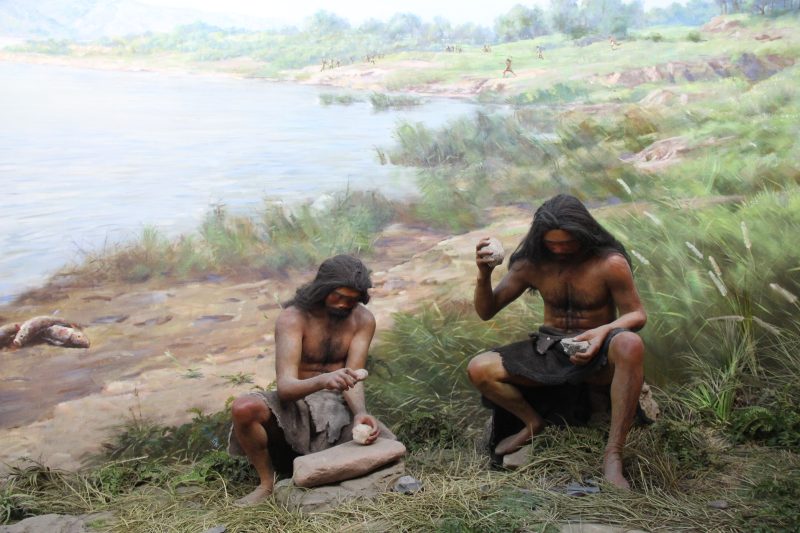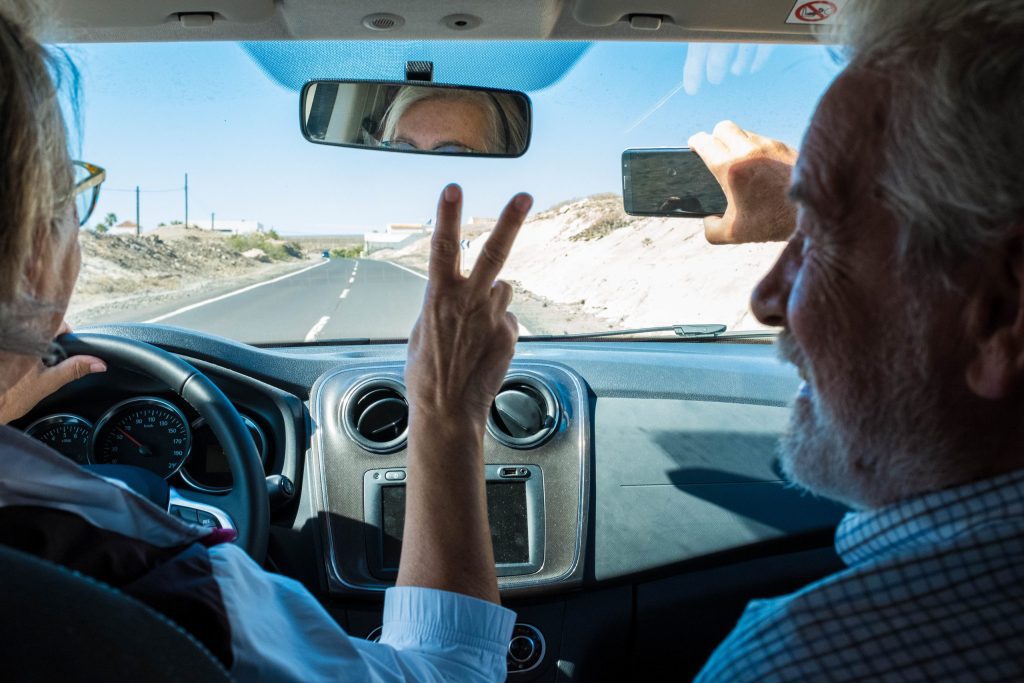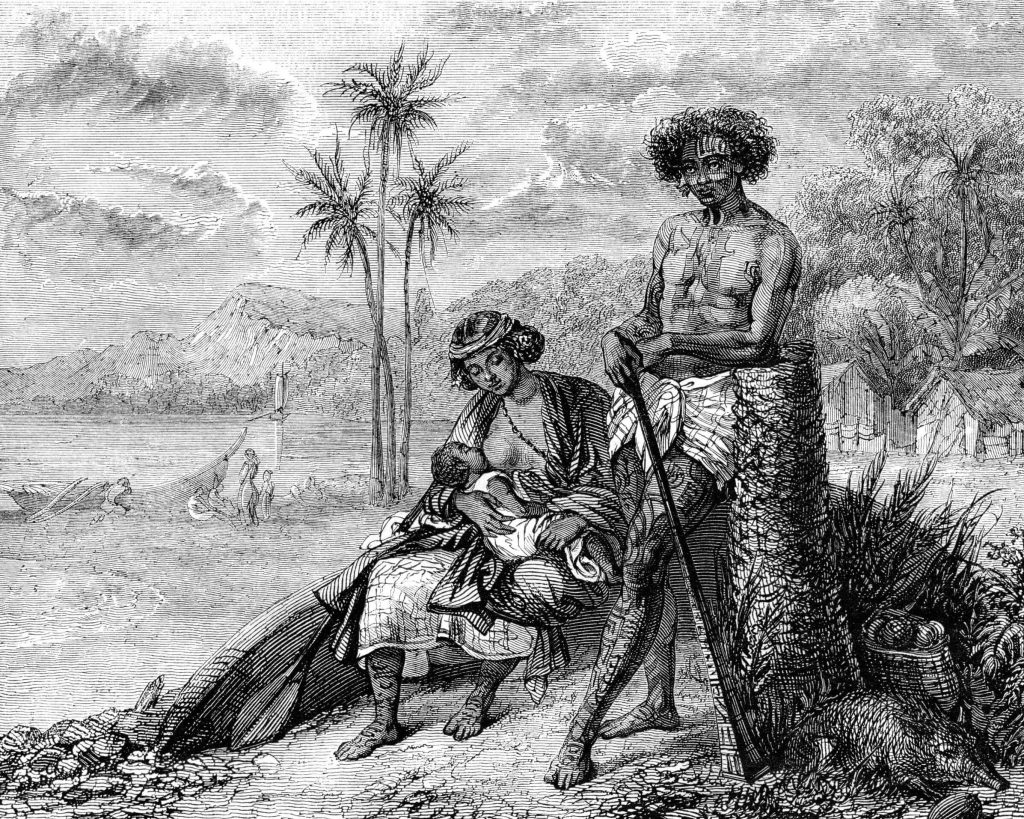Brazil is a country of superlatives—of vast landscapes, vibrant cultures, and endless contradictions. But tucked between the better-known beaches and bustling cities is another layer of surprise: the names of its towns.
Across this continental country, you’ll find small towns and villages with names that are as unexpected as real. Some sound like punchlines. Others are oddly poetic. Many hint at forgotten legends or offbeat histories. But they all reflect something Brazilian: a mix of spontaneity, storytelling, and humor. We investigated the origins and meanings of some of Brazil’s most curiously named towns. Here’s what we found.
Não-Me-Toque (Don’t-Touch-Me) – Rio Grande do Sul
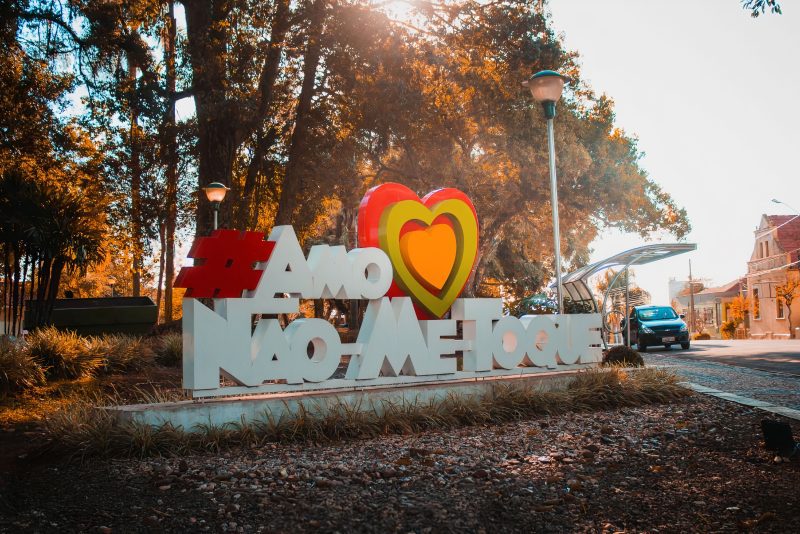
Let’s begin with a town name that sounds more like a personal boundary than a place on the map. Welcome to Don’t-Touch-Me — yes. Nestled in the southern state of Rio Grande do Sul, this town has unintentionally become a national punchline, a meme magnet, and a trivia night favorite.
But behind the dramatic name lies a more grounded origin story. One theory points to a prickly native plant called Dasyphyllum spinescens, known for its thorny attitude and nickname: não-me-toque. Another version is even juicier — local lore tells of a 19th-century landowner who fed up with greedy neighbors trying to grab her land, stood her ground and shouted: “Don’t you dare touch me!” The name stuck. Literally.
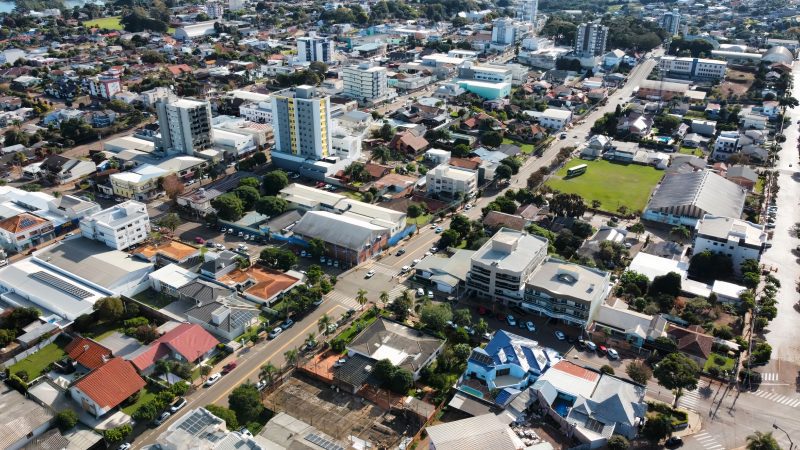
Ironically, the town’s residents are among the friendliest you’ll ever meet. They’ve fully embraced the fame — you’ll spot cheeky billboards, souvenir mugs, and tourism campaigns that proudly play on the name. In Don’t-Touch-Me, everyone wants a selfie — and maybe just a little poke at the name.
Passa e Fica (Go and Stay) – Rio Grande do Norte
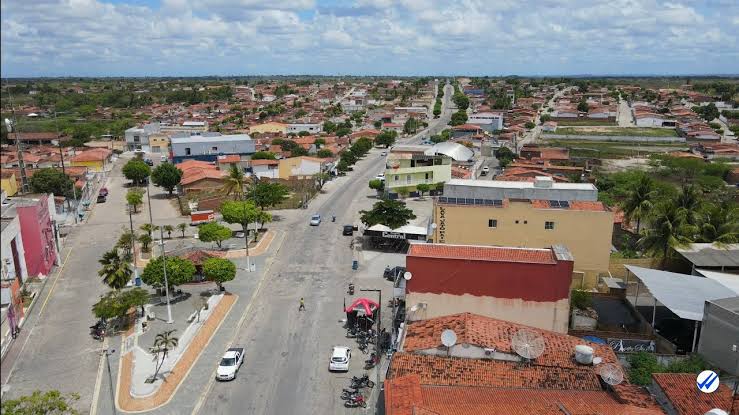
Some town names make you do a double-take. Go and Stay? Is it a warning? A suggestion? An existential crisis? Welcome to Passa e Fica — a town whose name sounds like the world’s most relatable travel dilemma.
The story behind it is as charming as it is simple. In the early 1900s, a group of travelers passed through this area on their way to somewhere else. But something about the peaceful hills, friendly locals, and the smell of fresh coffee made them pause. “Let’s just pass through and stay a little while,” they said. And then… they stayed. The phrase stuck. The town got a name. And Passa e Fica entered Brazil’s Hall of Fame for names that sound like they’re stuck in a loop.

These days, Passa e Fica is a small town near the border with Paraíba, full of countryside charm and slow-living vibes. Visitors often come for a quick look — lingering just a little longer. You’ve been warned.
Ressaquinha (Little Hangover) – Minas Gerais
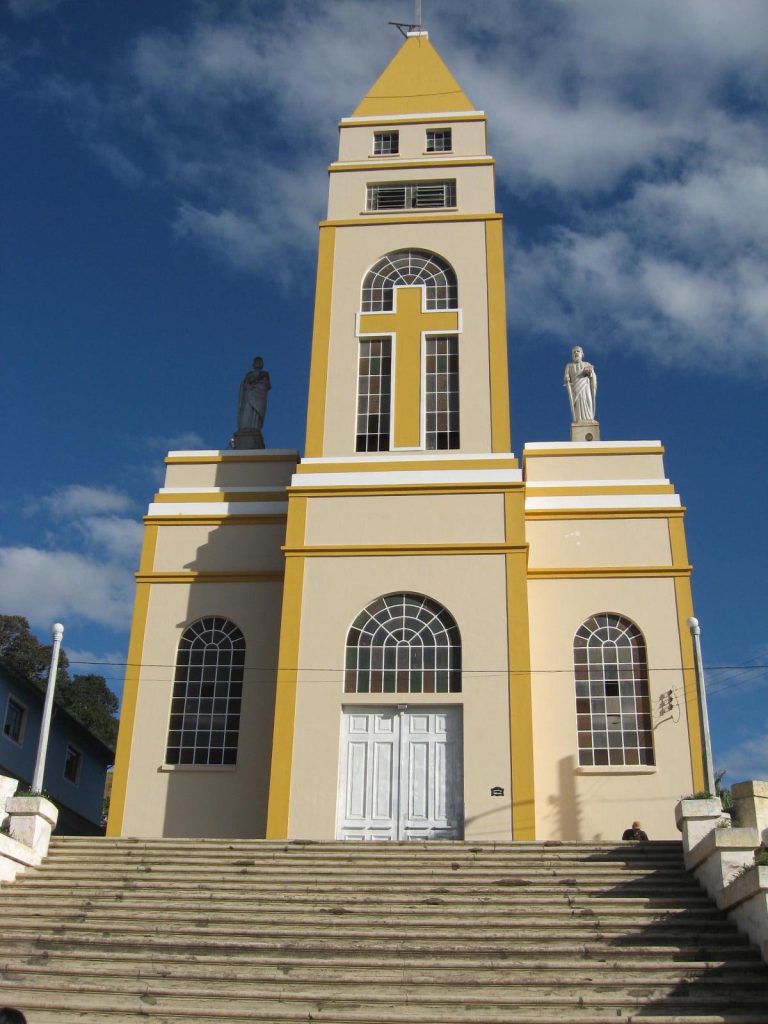
Let’s be honest: with a name like Little Hangover, this place practically begs for a movie adaptation — preferably starring a lost toucan, a missing guitar, and a group of friends trying to retrace their steps after a blurry festa junina.
But before you assume Ressaquinha is Brazil’s answer to Las Vegas, here’s the real scoop: the name likely has more to do with water than whiskey. In Portuguese, resaca can mean hangover, but it can also refer to the backflow or turbulence of water, like the choppy aftermath of a river current. Some say the town was named after a nearby stream with a particularly restless flow. It makes sense, but let’s be real: “Little Hangover” is way too good a name to just mean river stuff.
Over time, Brazilians leaned into the more spirited interpretation. After all, isn’t life better with a little wink? Ironically, Ressaquinha is now known for the opposite of a wild night out — it’s a quiet, slow-paced town tucked in the hills of Minas Gerais. There’s no raging party, neon lights, or tiger in the bathroom. If you’ve ever taken one too many pingas (a slang term for cachaça — a strong sugarcane spirit similar to rum) on a road trip, just winding roads, rolling green hills, and maybe a lingering sense of déjà vu.
If you find yourself in Ressaquinha, don’t worry — the only thing likely to make your head spin is the view.
Feliz (Happy) – Rio Grande do Sul
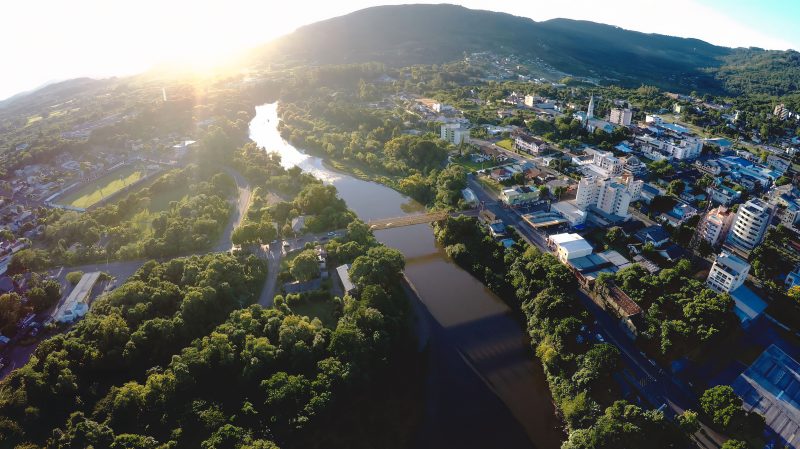
Some towns try hard to impress. Others smile and say, “Hi.” Welcome to Feliz — literally, “Happy.” The name alone is enough to lift your spirits, but this charming town in southern Brazil lives up to the hype.
Founded in the 19th century by German immigrants, Feliz feels like a little Alpine postcard tucked between green hills. Picture timber-framed houses, cobbled streets, and fresh cuca (a local cake) wafting through the air. Add a full calendar of cultural festivals and some of the best quality-of-life stats in the state, and you’ve got a town that takes its name as a personal mission.
No one knows who named it Feliz or why, but locals have made the most of it. It’s a hotspot for couples snapping romantic selfies under signs that read “Welcome to Happy,” it’s gained a reputation as the go-to town for good vibes and stress-free weekends. If happiness had a zip code, it might be here.
Água Doce do Norte (Sweet Water of the North) – Espírito Santo
Some names are bold. Others are poetic. Sweet Water of the North falls somewhere in between — a name that sounds like it belongs in a fairy tale but is very much a real place in Brazil’s lush southeast.
Água Doce do Norte is surrounded by springs, rivers, waterfalls, and all the sounds that come with untouched nature — birdsong, flowing water, and the occasional cowbell in the distance. It only became its municipality in 1988, but it wasted no time embracing its identity as a peaceful escape for nature lovers and quiet souls.
The locals have a saying: once you drink the water, you’ll never want to leave. Is it true? Maybe. But the name alone is enough to make anyone thirsty for a visit.
Buraco do Padre (Priest’s Hole) – Paraná

It may sound like the title of a steamy novel — but fear not. Buraco do Padre, which means Priest’s Hole, is nothing inappropriate. It’s one of Brazil’s most impressive natural wonders.
Located in the forests of Paraná, this geological formation is a massive cave carved into sandstone, open to the sky, and featuring a stunning waterfall that drops right into its center. It’s dramatic, peaceful, and breathtaking all at once. According to local legend, Jesuit priests in the 1600s used the spot for meditation and retreat — far from the distractions of colonial life. That’s where the name comes from: a spiritual hideaway, not something risqué.
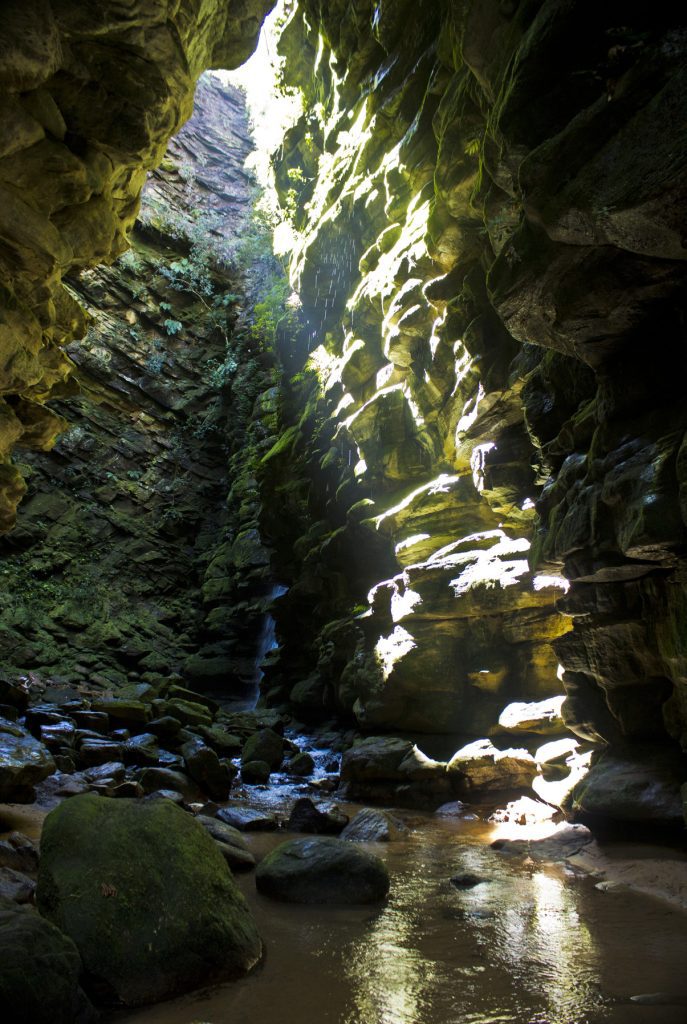
While it’s not an actual town, Buraco do Padre has become a beloved regional destination. Hikers, photographers, and curious travelers flock to see the light filtering through the cave and the waterfall crashing below. The name may raise eyebrows, but the only thing scandalous here is how beautiful the place is.
Anta Gorda (Fat Tapir) – Rio Grande do Sul
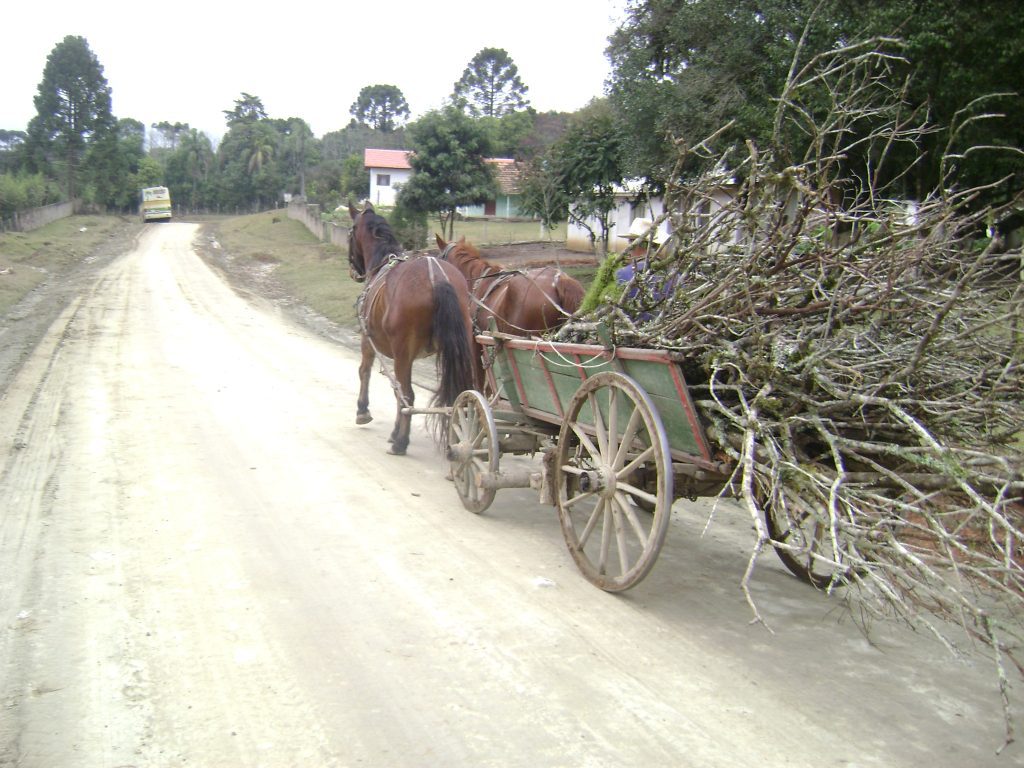
Brazil doesn’t shy away from bold names, and Anta Gorda proves it. Meaning “Fat Tapir,” this town manages to be both oddly specific and weirdly charming.
The story goes that early settlers spotted an especially rotund tapir wandering the region — and decided that was as good a reason as any to name a town. Whether it’s fact, folklore, or just an early branding strategy, the name stuck. And honestly, who could forget it?

These days, Anta Gorda is more famous for vineyards than wildlife. However, you’ll still find cheerful nods to its chunky namesake: tapir statues, logos, and even local festivals that lean into the town’s quirky identity. Anta Gorda proudly stands out in a world of generic place names — belly and all.
Curral Velho (Old Corral) – Paraíba

Curral Velho is unapologetically rustic. Translating to “Old Corral,” the name tells you almost everything about the place’s origins: a land shaped by cattle, fences, and the long, dusty history of Brazilian livestock herding.
While a few Curral Velhos are scattered across Brazil, the one in Paraíba is perhaps the most famous. Once a bustling hub for ranching and trade, today it’s a quiet town of fewer than 3,000 people. But don’t let the name fool you — Old Corral doesn’t mean forgotten. The community is very much alive, grounded in tradition and resilience.
There may not be many cows left in the streets, but the name endures like a weathered fence post — solid, simple, and proud of where it came from.
What’s in a Name? In Brazil, Quite a Lot.
Somewhere out there, a city council is gathered around a table, flipping through old records and holding a solemn vote. Should the town be named after a tapir that looked slightly larger than average? Should they go with that one expression someone’s great-grandfather blurted out during an argument in 1913? Or stick with the name of a plant no one dares to touch. In Brazil, this isn’t the setup for a comedy sketch. This is local history.
The result is a map full of names that sound like inside jokes, unfinished stories, or poetic accidents. They’re confusing, funny, oddly beautiful—and completely real—no branding strategy. No consultants. Just names that stuck. And somehow, maybe because of that, they stick with us, too.


